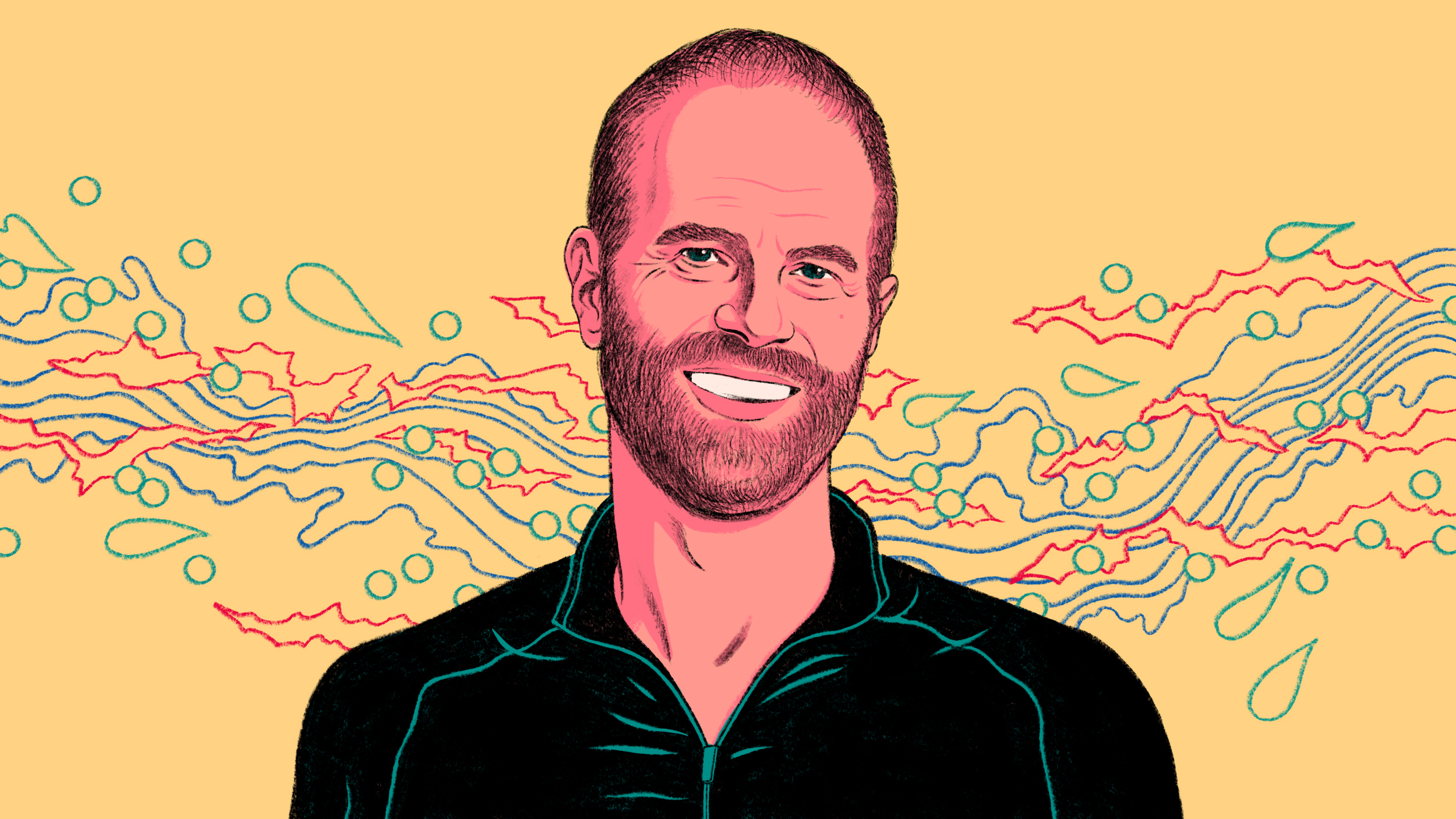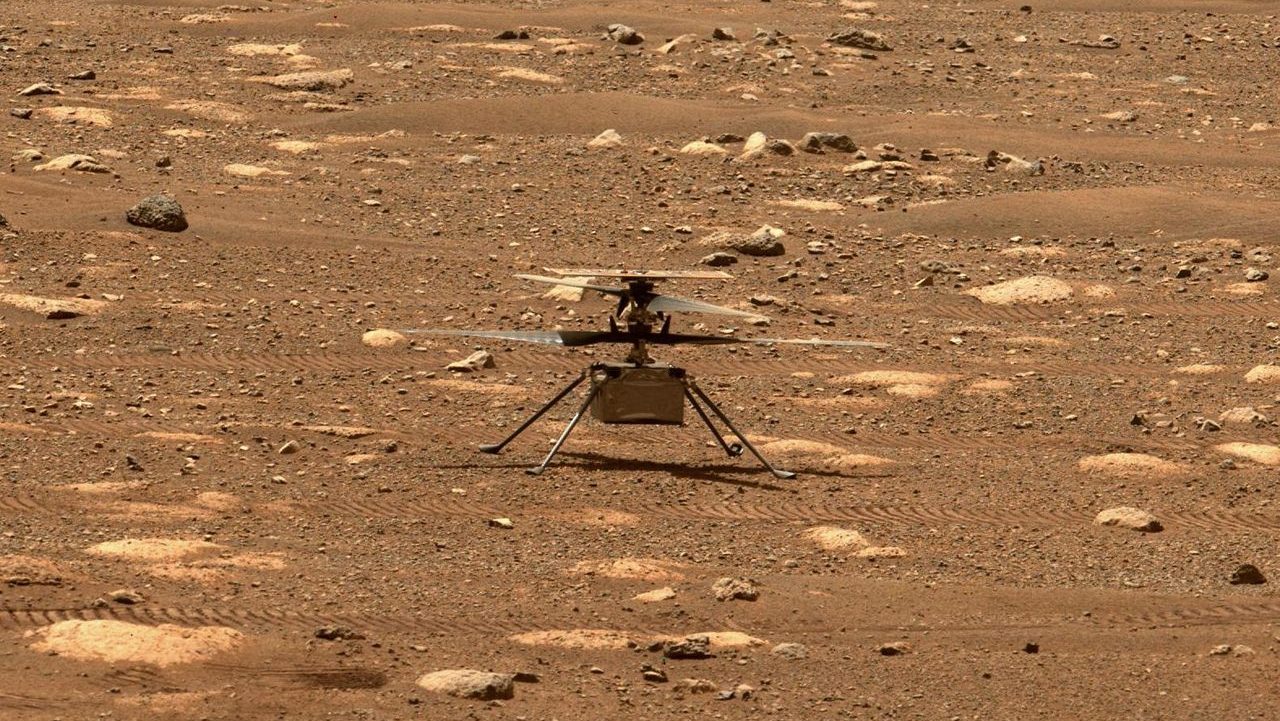The human brain works in a pretty specific way, and a lot of those ways haven’t changed over the years. Specifically, in the way humanity loves. While this may not the most romantic era of human history, the endorphin rush is the same as it was when Shakespeare was ushering in the most epic love story of all time. Biological anthropologist and author of The Anatomy of Love Helen Fisher assures us that nothing about the feelings or practices of love has been changed by online dating. People still flirt as they used to. Heart rates still pound when they meet. The biology is the same.
But the mechanisms of the meeting have changed. Fisher says that we should think of popular relationship sites not as dating websites, but as introduction websites. It’s a matter of making a match, and then letting the humans take it from there, going along the path that we always have. Fisher points out that to find love, you usually have to kiss a lot of frogs – online dating just lessens the amount of those unfavorable encounters – in theory anyway.
Dating algorithms and increased technology allow for online daters to do amazing things – assess their dates to see what they might be like, check out their core beliefs before it’s too late, and even check for past criminal activity.
Perhaps because the digital world allows us to know people so quickly, we find ourselves in an age of increased real-world paranoia. It’s easier to date online than it is to trust the flirting stranger in a coffee shop. The way most of our parents or grandparents met would probably creep younger generations out – it might all be “a little too intense.”
Algorithms in online dating allow people to filter out their deal breakers, farewell the frogs, and get on with the falling in love part. While previous generations may grumble that the technology isn’t natural, or that it stops genuine meetings between couples, there is no denying that the algorithms have great value in helping people find the partner that’s right for them.
Love is as messy and complicated and biological as it’s always been, we’re just doing the intros a little bit differently.
Helen Fisher’s book is The Anatomy of Love.
Helen Fisher: People think that modern technology is somehow changing love. It’s not changing love. The basic brain system for romantic love evolved millions of years ago. It’s not going to change whether you meet somebody on Tinder, on Match.com or in the library or on the skating rink or in church. The brain doesn’t change. And the moment that you meet somebody in a coffeehouse, in a bar, on a park bench, wherever it is they ancient human brain clicks into action and we court the way we always have. We smile the way we always have. We flirt the way we always have. We listen the way we always have. We try to size up the person the way the brain has always been sizing people up. But modern technology is changing how we court. In fact, you know, I work with Match.com, the Internet dating site and I’m their chief scientific advisor. And they have an algorithm. There’s all kinds of algorithms out there. But these are not dating sites. These are introducing sites. Once you go out with the person and meet them wherever you’re going to meet them the ancient human brain clicks into action and you court the way we always have. But they are introducing sites and they’re algorithms are very useful.
I mean, you know, most of us have this love map of what we’re looking for and you’ve got to pair up somebody. You have to offer dates of the right age, the right proximity whether they’re five miles away or 50 miles away. The right background, the right educational level, some of the right interests. So dating sites can go so far, only so far, with their algorithms to give you the broad basics of what you’re looking for. That we can provide for you so that you spend less time, you know, kissing frogs.







